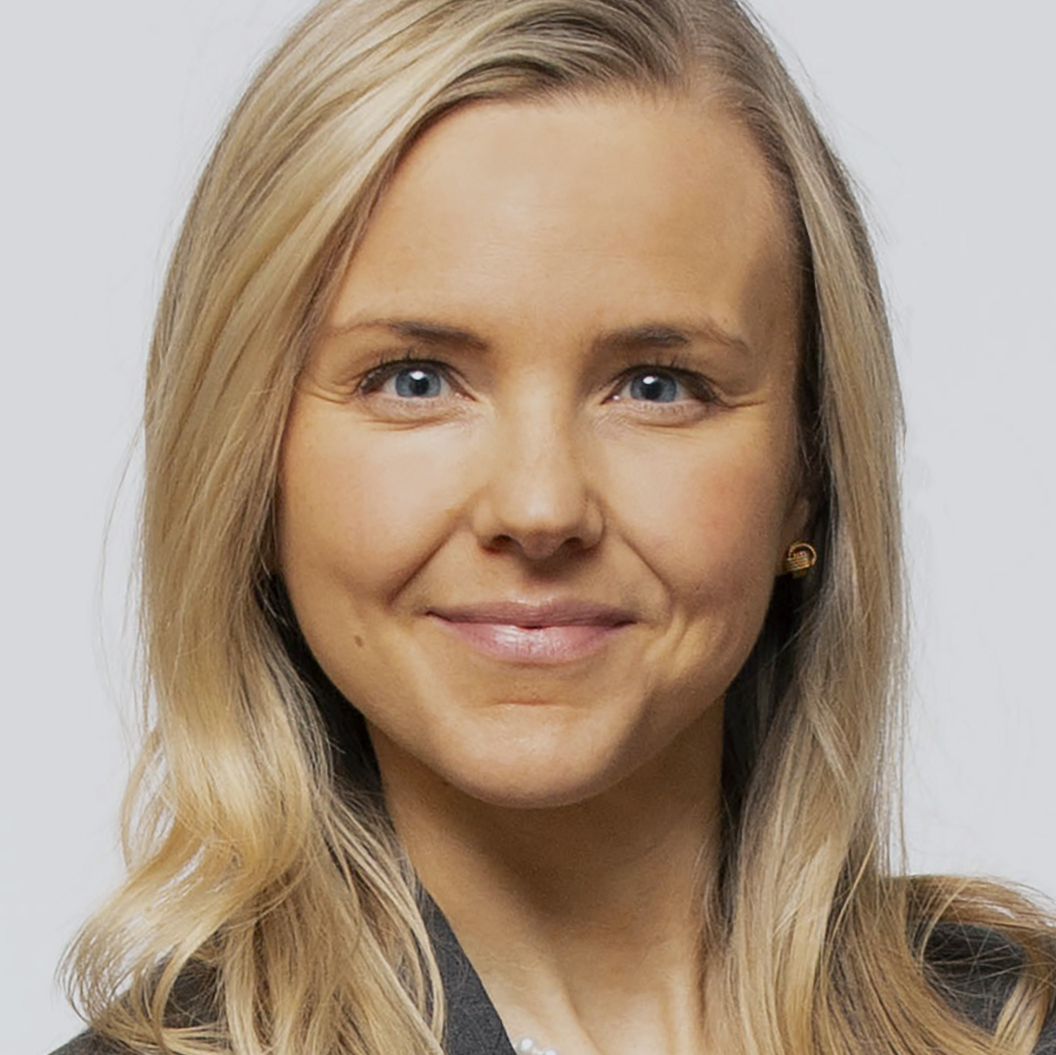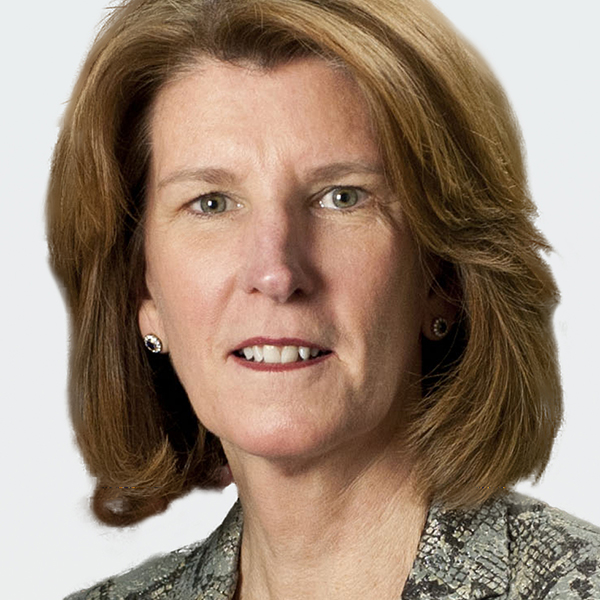How do you prevent a situation from becoming a crisis?
There’s a level of crisis readiness that we engage in with our clients. We call it our red quadrant exercise. Any risk identified in the upper right-hand quadrant is something that would be high impact and have a high likelihood of occurring for our client. Depending on the type of company, we conduct an audit and identify the risks: There could be a hostile investor, the supply chain could be disrupted, or there could be a factory accident. We run a lot of hypothetical situations so the client has a roadmap to follow.
We give the client between one and 20 hypotheticals, and then we look at those 20 scenarios and determine what is likely to happen. We look at past patterns, what other companies have dealt with and what’s down the road. We identify the scenarios that are most likely to turn into a crisis and prepare everyone for that possible event. We develop messages and talking points, and people are prepped around the world. If you’re a global company and a crisis occurs outside your home country, there are a whole host of things you need to be aware of, because internationally, depending on the crisis, people may react to it differently. For the scenarios that don’t reach the red alarm level, we still prepare for them, but not to the same degree.
You also have to decide who’s best to carry the message. You don’t necessarily want to go right to the CEO. It’s a common misconception that the CEO will quickly calm the waters, but you don’t know how the crisis will evolve. If you put the CEO out first, you may need him or her five more times, so you need to really think about the best person to deliver the initial message.
How do you handle the delivery of difficult information and news to clients?
Our clients would say we’re known for giving straightforward, honest advice – even when it’s a message they don’t want to hear. When we assess how corporations conduct themselves during a crisis, we usually find that when there’s a problem or an issue, there’s a lot of “group speak.” Executives and staff are talking amongst themselves, and no one wants to say, “We’re in a bad spot here.” That’s why companies call us for an outside perspective.
If I had a heart problem, I would call the best cardiologist. I’m not going to try to diagnose myself. That would not be wise, and that is what I try to communicate to CEOs. They hired me because I have an outside view. I tell them that this is the advice they need to hear. It’s also always important when giving someone advice to lay out what it’s going to look like if they take it and what it’s going to look like if they don’t. That way people can make informed decisions.
What drove you to start Smith & Company?
It had to do with living free. I love the freedom that I have in owning my own company. When I started, I had two young sons, and I was able to run my own business and raise my children. There’s nothing better than that. I’m sensitive to that balance, and I’m focused on creating a culture that supports balance.
Tell us about the service offering you have built out. How do you attract and retain clients?
We’re a midsized company. We have senior people who provide counsel and advice. We do everything from crisis readiness to crisis management to media relations to C-Suite counseling.
Some people view us just as a crisis firm, and we’re not. We’re good at it, but we offer a range of services. There is a specialty in crisis here that helps support those other services. We’re better at the other practice areas because of our sensitivity with crisis. We move faster and are nimble across services because we’ve seen it all. I can’t think of anything that’s happened that I haven’t done before.
Often, a client will come to us during a crisis and then keep us on retainer to help manage through other issues that come up. Approximately 80% of the work we receive is through referrals from past clients. That says something about the kind of work we do and the type of service we are committed to offering. I’m happy about that.
You’ve grown your company from two people to more than 20 people. Tell us about the qualities that you look for in candidates when building out your team.
When I hire people, I focus on finding good individuals who are strategic, mature, have strong judgment and fit into our culture. That is the key. I put a lot of trust and faith in people to do their jobs. If I didn’t think they could do them, I would have hired someone else.
The other thing that I like about my team is that people have different experiences and perspectives. We have a journalist and former editor of Time magazine. We have someone on the West Coast who’s the former editor of Bloomberg. It is important that our people come from different backgrounds and walks of life, because when there’s a potential problem, no matter what it is, even if it’s a straight communications issue, you have to look at it through different lenses. This helps you understand the audience, because if you don’t, your messaging is going to be off. Different perspectives result in a better outcome.
That’s why I don’t hire people who are like me. There’s no fun in that. In most work environments, if you’re not agreeing, people think something is wrong. They would question my authority or position. Nobody brings any of that to the table here. You don’t always have to agree at the end of the day, but you need to talk it out and determine the best response. Different perspectives result in better advice and better outcomes for our clients.
How is that going to have to change as the company expands?
It’s not going to change. Here’s the thing: You make a choice about what kind of company you want. I don’t want to be like the large firms. What’s most important to me is providing the best service, having the best people and making sure that our brand and reputation remain strong. It’s more important for me to provide the best service than to have 500 people and 42 offices.
What is your view on how you choose clients and when you say yes or no?
I decide whether or not I can move the needle for them. Can I be effective in assisting them, and if so, how? When we talk to potential clients, we figure out their end goal. If I don’t feel like I can move them to where they need to be, we will pass on the opportunity. We try to be upfront about what is and isn’t achievable.
Depending on the issue, I can tell in my gut whether it is something that we want to do or something I would not want the company to be associated with. Listening to your gut is critical. You make mistakes when you don’t. Any time I haven’t listened to it, I’ve been wrong. My parents always said, “You can listen to what other people think, but at the end of the day, it is up to you.” I can have a conversation with a CEO, and when we leave the room, and the team asks what I thought, I can say, “We can help him, but we have to wait until he is honest, because that was not the truth.” You just know it. There’s no other explanation.
What challenges have you faced over the course of your career?
I’m often asked if, as an African-American woman, it has been difficult to move up the ranks. My response is, “Stop asking me that question. You know what the answer is. Of course it’s ‘Yes.’” However, if I stopped to think how much work I haven’t gotten over the years because I’m a woman, or because I’m an African-American woman, I would be depressed. I wouldn’t be able to get out of bed every single day. That’s the truth.
I understood from early on that I am going to face that challenge every single day, and it is not going to change. Spending all my time focusing on that and not on my work didn’t make sense to me, so I charge ahead – every single day. I make it about the work, and excellence is a great equalizer.
What advice would you give a woman who is getting divorced? What can she think about early on in order to be prepared?
Communication is key. Prior to the marriage, understand what each person’s expectations are and define responsibilities. You want to understand what kind of contract you’re signing, because even if it’s not written, there’s a contract.
When you get married, it doesn’t mean that you lose your identity and lose yourself. It’s important for women to have their own credit and financial history. I’ve had two or three clients who forgot that they didn’t have their own credit, so when their marriages ended, they were forced to start over as if they were in their early 20s and right out of college.
As the co-executive producer of the show “Scandal,” how much influence did you have on how your character was portrayed?
Much of it is fictional. Olivia Pope employs morally ambiguous tactics to help her clients, but, through that character, we were able to communicate something about the industry and the business.
There are things that were important to me – for example, that the image on the screen was a strong woman. I wanted the woman to be good at what she does and not have to hide it or be apologetic about it. It was also critical that she was passionate about her work and compassionate about the issues companies would face.
How has the show affected your life?
Here’s a funny story: One of my sons came home, and I was cooking. I heard him talking to a girl, and he said, “You probably don’t even know the show. It’s this little show called ‘Scandal.’” You could hear the girl scream through the phone, “Oh my God! That’s your mom?” She immediately said yes to the date.
I’ve traveled around the globe and spoken to many women. They find something relatable and motivating about the fact that I’m a regular working woman. It encourages them to go out and do what they want in the world, which is a good thing.


